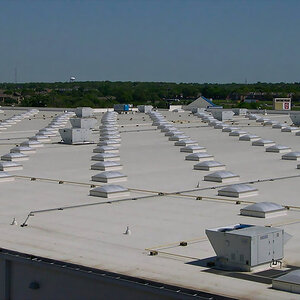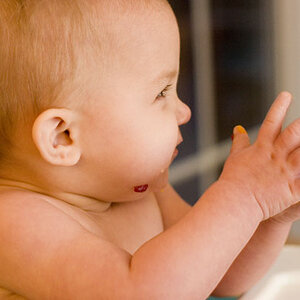- Joined
- Dec 16, 2003
- Messages
- 33,896
- Reaction score
- 1,853
- Location
- Edmonton
- Website
- www.mikehodson.ca
- Can others edit my Photos
- Photos NOT OK to edit
Not at all.My 2 cents: the "overexpose and adjust in post" is a hold over from the days of film when adjusting your iso wasn't as easy.
As Garbz mentioned, in a digital photo, there is simply more information in the highlights than there is in the shadows. More information doesn't necessarily make your photo better...but it makes a better base for your digital photo editing.
Have a look at the article I linked to above. It comes from the Author's talk with Tomas Knoll (the first name in the long list of programmers/authors of a little program called Photoshop)
Expose Right


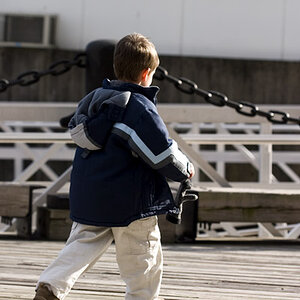
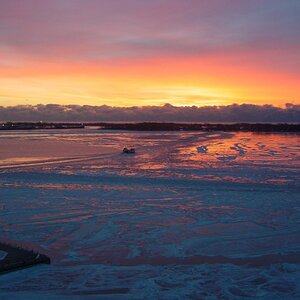
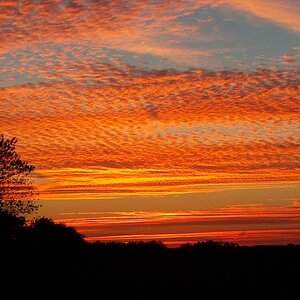
![[No title]](/data/xfmg/thumbnail/40/40412-73276feced223de99c761fc2cc279db5.jpg?1619739461)

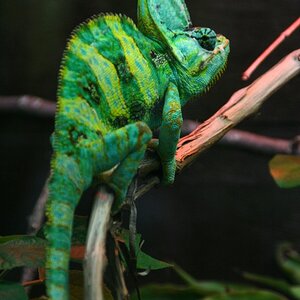
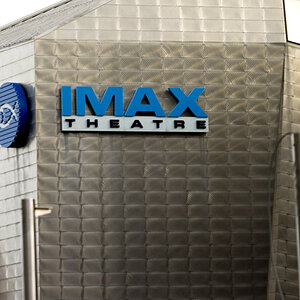
![[No title]](/data/xfmg/thumbnail/42/42274-5bec1b32caba5fed4a680bc5be4d0202.jpg?1619740083)
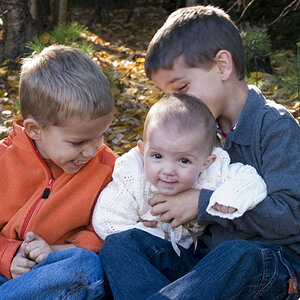
![[No title]](/data/xfmg/thumbnail/37/37523-291af5748bb3a98408cc748fb81bb365.jpg?1619738129)
